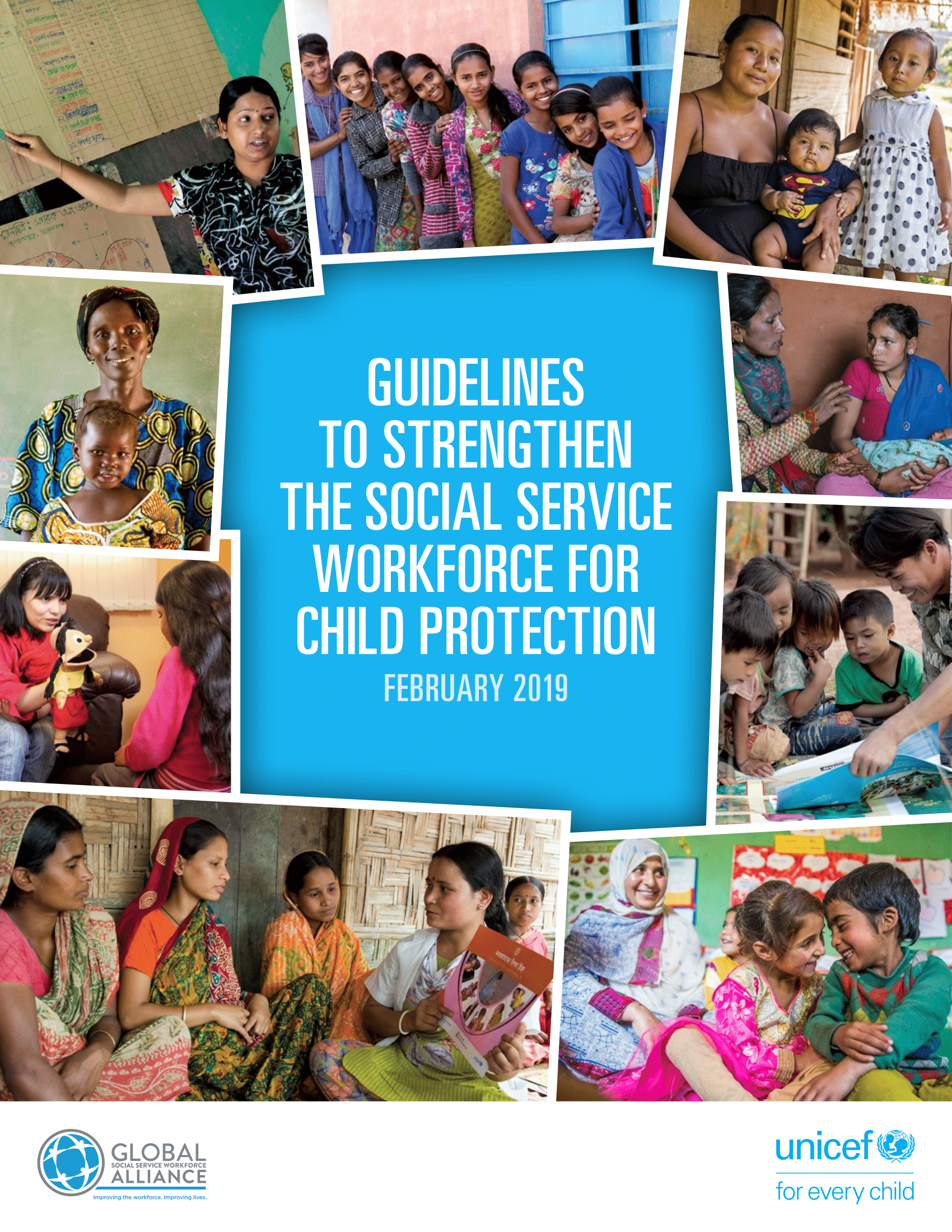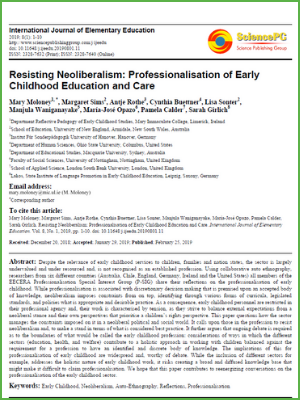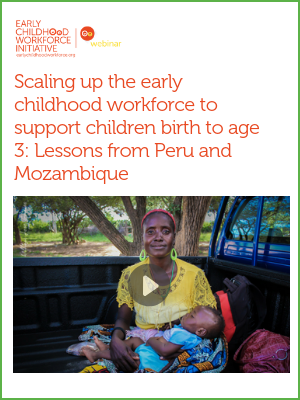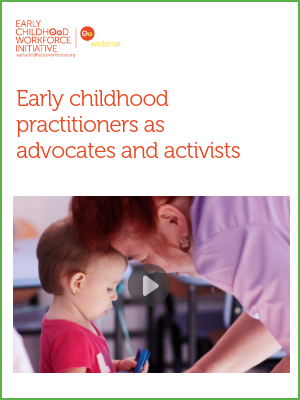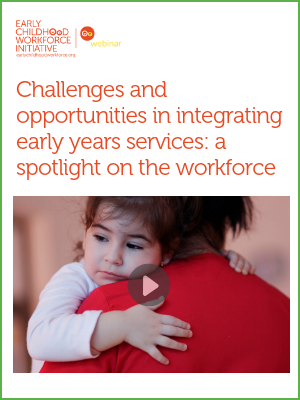Developing Career Pathways for Early Childhood Care and Education Workers

There is mounting evidence on the positive link between high quality early childhood development (ECD) personnel and the physical, social, and cognitive development of young children.
To bring light to these challenges, and potential responses to them, the Early Childhood Workforce Initiative (ECWI) has developed 6 country briefs which highlight efforts to support the workforce across different geographies and services.
These country briefs were informed by desk reviews and information collected through key informant interviews (KII) with country experts from implementing NGOs, multilaterals, and research institutions, as well as program managers and government officials across 15 countries. After identifying six promising country approaches to highlight, we conducted further desk research and interviews to inform the country briefs. These interviews were particularly helpful for clarifying the key enablers and barriers to implementation in each country as well as the policy lessons for other countries.
The sixth of these briefs focuses on Singapore. Developing Career Pathways for Early Childhood Care and Education Workers highlights the Government of Singapore’s efforts to support career advancement in the early childhood care and education profession by creating and investing in competency-based trainings, professional development frameworks, and career pathways.
Authors: Year of Publication:2019






